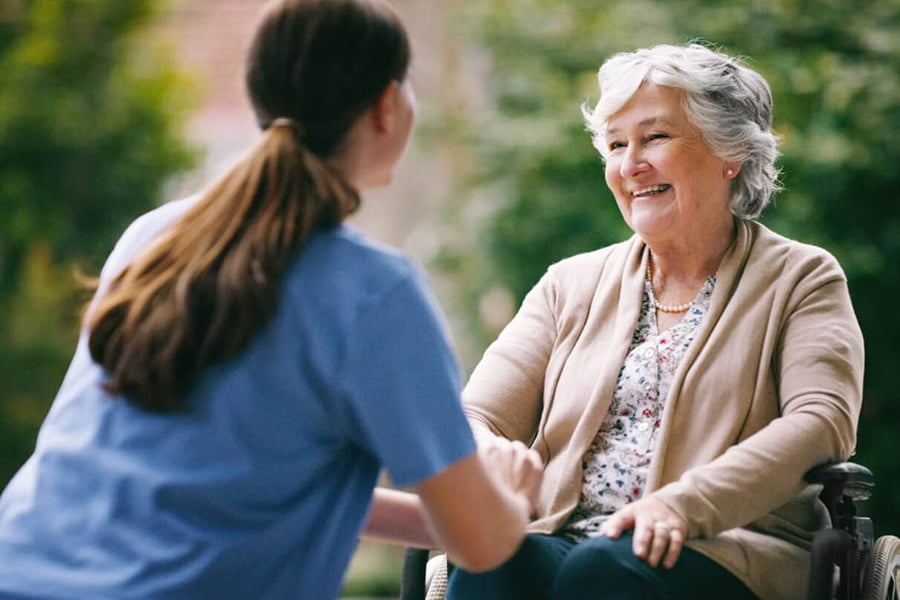 Posted On
Posted On
Building Emotional Resilience: Integrating DBT Therapy in High School Settings
 Posted On
Posted On
High school can be a challenging time for students as they navigate academic pressures, social dynamics, and personal development. Recognizing the importance of addressing mental health in educational settings, the integration of Dialectical Behaviour Therapy (DBT) into high schools has emerged as a promising approach. DBT skills techniques, originally designed for individuals with borderline personality disorder, offers a comprehensive set of skills that can empower teenagers to manage stress, regulate emotions, and build interpersonal effectiveness. In this article, we explore the potential benefits of incorporating DBT therapy skills worksheets into high schools and creating a supportive environment for emotional well-being.
Table of Contents
Mindfulness in the Classroom
DBT places a strong emphasis on mindfulness, teaching individuals to be present in the moment without judgment. Bringing mindfulness practices into high school classrooms can help students cope with the demands of coursework and exams. Simple mindfulness exercises, such as deep-breathing or short guided meditations, can be integrated into daily routines, providing students with tools to manage stress and enhance focus.
Emotion Regulation Skills
Adolescence is a time of intense emotional experiences, and students may struggle to regulate their emotions effectively. DBT’s emotion regulation skills can be integrated into school curricula to help students identify, understand, and manage their emotions. By incorporating exercises that teach emotional awareness and regulation, high school students can develop healthier coping mechanisms and emotional resilience.
Interpersonal Effectiveness Training
High school is a social environment where students are navigating complex relationships and peer dynamics. DBT’s focus on interpersonal effectiveness can equip students with communication skills, assertiveness, and the ability to navigate social situations. Integrating these skills into workshops or counselling sessions can foster positive relationships and contribute to a more supportive school culture.
Distress Tolerance Techniques
Academic challenges, peer conflicts, and personal issues can contribute to distress among high school students. DBT’s distress tolerance techniques can be taught in school settings to help students cope with difficult situations without resorting to harmful behaviours. Learning healthy ways to tolerate distress contributes to a more resilient and adaptable student body.
Problem-Solving Workshops
DBT emphasizes a structured approach to problem-solving, which is a valuable skill for high school students facing academic and personal challenges. Workshops that incorporate problem-solving exercises can empower students to approach challenges proactively, fostering a growth mindset and a sense of control over their circumstances.
Incorporating DBT into Guidance Counselling
School counsellors play a crucial role in supporting students’ mental health. Training school counsellors in DBT techniques can enhance their ability to provide targeted and effective support. Individual or group counselling sessions based on DBT principles can help students address specific challenges and develop skills for long-term well-being.
The integration of DBT therapy into high schools holds immense potential for enhancing the overall well-being of students. By incorporating mindfulness, emotion regulation, interpersonal effectiveness, distress tolerance, and problem-solving techniques into the school environment, educators and counsellors can contribute to the development of emotionally resilient and socially adept individuals. Creating a culture that values mental health and equips students with practical skills not only prepares them for academic success but also lays the foundation for a lifetime of emotional well-being. As schools continue to prioritize the holistic development of students, the integration of DBT therapy stands as a proactive and impactful step toward creating a supportive and empowering educational environment.











